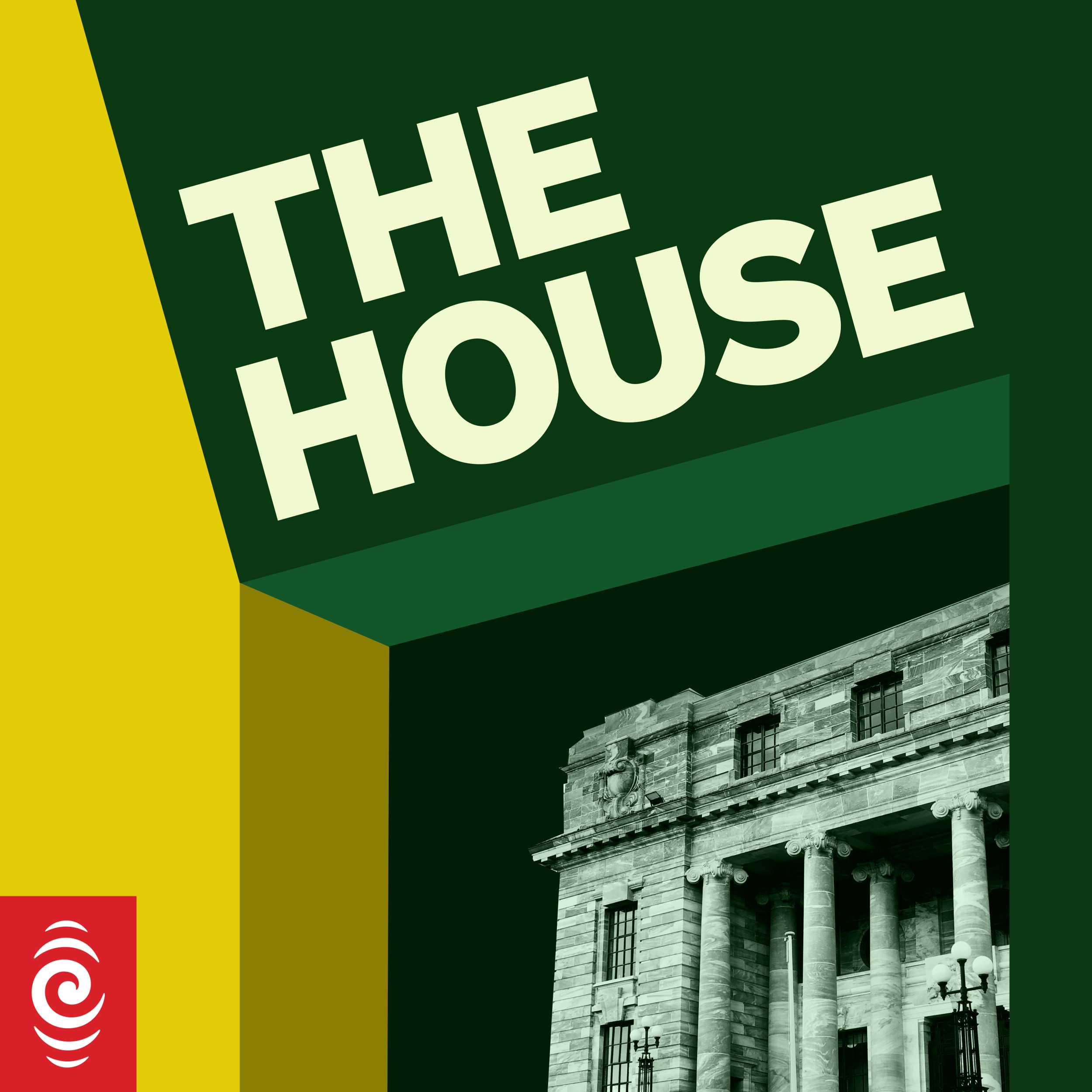

Urgent Debates are granted or denied by Speakers. Most are denied. This week a Speaker's ruling moved the goal posts for that allowance, a lot.
If you're familiar with stories from The House you'll know that we regularly mention that, against all appearances, governments in New Zealand are subordinate to parliaments. You might even say we bang on about it.
To recap: Parliament has a variety of jobs. It provides an executive, it passes laws, permits and approves revenue and spending, and generally keeps a close eye on what that executive (the government) gets up to.
Government's in their turn, often seem to struggle with this arrangement. They often forget they're not the boss and regularly resent or avoid scrutiny. It's an eternal tug-of-war.
The Beehive wrapped up by its big brother, Parliament.
There are many ways that Parliament attempts to maintain reasonable scrutiny of the Executive, for example by asking thousands of written questions (which are mostly answered by the government ministries).
Also by asking oral questions, though some executive members have new and creative definitions for 'answer'.
A lot of oversight is done via select committee processes. Particularly the regular Estimates and Annual Reviews processes, which are mammoth undertakings.
There are also the usual debates and discussions in the House, and occasional extras like ministerial statements and urgent debates.
The rare debate
This article is about that last category - the urgent debate. Much requested, seldom approved and given a ruling this week, maybe even less frequent in future.
Parliament's rules especially allow for Urgent Debates to be requested so long as the Speaker agrees the proposal meets three criteria: It must be "a particular case of recent occurrence", it must be a matter of administrative or ministerial responsibility, and it must "require the immediate attention of the House and the Government."
In short, it must be recent, be the government's problem, and be worth the time.
Urgent debates are requested a lot more often than they are allowed. Over the previous five parliaments only 17.8% of requests were allowed. Some Speakers are more generous than others so the per parliament numbers vary quite a lot. The graph below gives numbers by parliament, not by Speaker. The Speakership changed hands mid-parliament in January 2013 (Lockwood Smith replaced by David Carter), and in August 2022 (Trevor Mallard replaced by Adrian Rurawhe). …